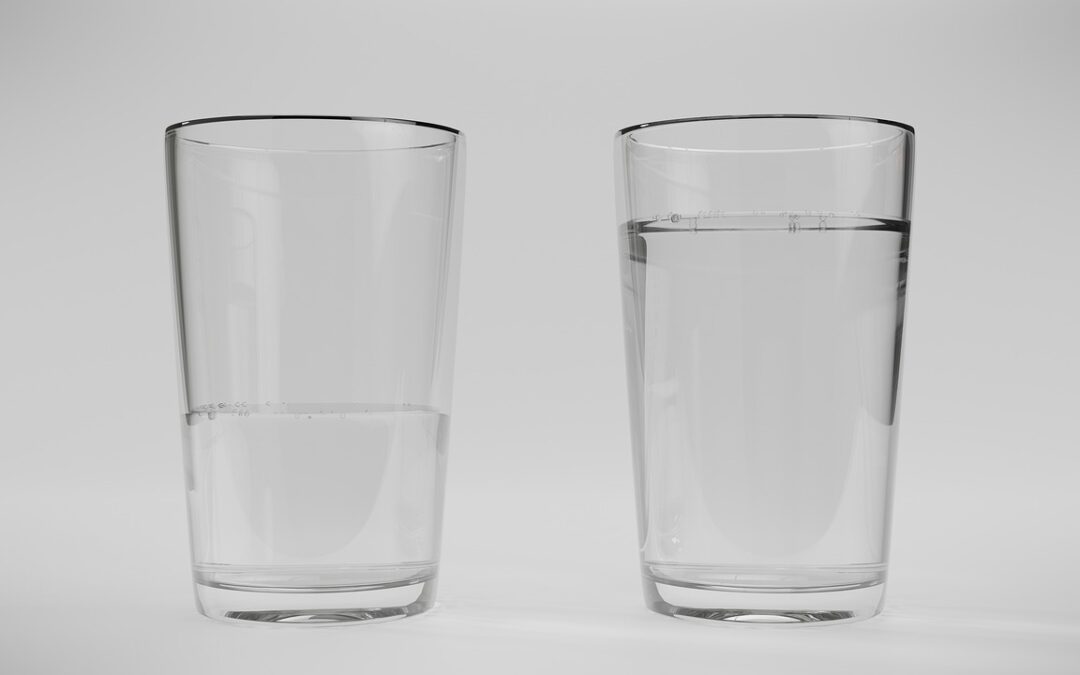If you’ve ever set a hydration goal, chances are you’ve heard the advice to drink a gallon of water a day.
But how many ounces are in a gallon — and is that much water really necessary, or even safe?
Let’s break it down, explore what your body actually needs, and learn how to optimize hydration on a cellular level.
JUMP TO…
How Many Ounces in a Gallon?
Is Drinking a Gallon of Water a Day Safe?
Why Electrolytes and Pink Salt Matter
The Science of Cellular Hydration
What Happens If You Drink Too Little Water?
How to Get In a Gallon a Day (Without Overloading)
How Many Ounces in a Gallon?
There are 128 fluid ounces in a U.S. gallon. That’s roughly 16 eight-ounce glasses of water — the traditional “8×8 rule” doubled.
Is Drinking a Gallon of Water a Day Safe?
For most healthy adults, yes, drinking a gallon of water a day is safe — but it depends on individual factors like age, activity level, diet, climate, and medical conditions.
- Athletes or highly active individuals often need more fluids to replace what’s lost through sweat.
- People with kidney issues or electrolyte imbalances may need to adjust their water intake under medical guidance.
Too much water, though, can lead to a condition called hyponatremia — where sodium levels in your blood become dangerously low. This can happen if you drink a lot of plain water without replacing lost electrolytes.
Why Electrolytes and Pink Salt Matter
Water doesn’t hydrate you alone — your cells need electrolytes (like sodium, potassium, magnesium, and calcium) to draw water into cells and maintain fluid balance.
Think of electrolytes as gatekeepers for cellular hydration. They:
- Help transport water across cell membranes
- Regulate nerve and muscle function
- Support pH balance and blood pressure
Adding a pinch of unrefined pink salt or an electrolyte mix to water provides the minerals necessary for your body to absorb and retain the fluid you’re drinking.
The Science of Cellular Hydration
Hydration isn’t just about how much water you drink — it’s about how much your cells absorb and retain.
Every cell is surrounded by a membrane that selectively allows water and nutrients in. Sodium-potassium pumps in the cell membrane use electrolytes to manage this exchange.
Without enough sodium or potassium, the pump can’t function properly, and water stays in the extracellular space instead of nourishing your cells.
Key nutrients for cellular hydration:
Sodium: Regulates fluid balance and nerve signals
Potassium: Works with sodium to move water into cells
Magnesium: Helps with enzyme function and electrolyte transport
Chloride: Maintains osmotic pressure and pH
What Happens If You Drink Too Little Water?
Chronic under-hydration can lead to a wide range of physical, mental, and metabolic issues. Here’s how too little water impacts your body:
1. Fatigue and Brain Fog
Even mild dehydration — just 1–2% loss of total body water — can impair brain function. Water is essential for delivering oxygen and nutrients to your brain and removing metabolic waste. When you’re dehydrated:
- Cognitive function slows down
- Memory, focus, and alertness decline
- You may feel tired or irritable
2. Digestive Issues
Water is vital for producing saliva, gastric juices, and bile — all of which help break down food. Low hydration levels can lead to:
- Sluggish digestion
- Constipation
- Acid reflux
- Poor nutrient absorption
3. Kidney Strain and Toxin Buildup
Your kidneys filter blood, regulate electrolyte balance, and remove waste via urine. Without enough water:
- Urine becomes concentrated and acidic
- Risk of kidney stones increases
- Toxins build up in the blood, which may affect other organs
4. Dry Skin, Premature Aging, and Joint Pain
- Water hydrates your skin from the inside out and helps maintain elasticity. Dehydration can cause:
- Dry, flaky skin and fine lines
- Reduced collagen production
- Less lubrication in joints, increasing stiffness and pain
5. Hormonal Imbalance
Dehydration is a form of physical stress that can trigger the release of cortisol, your body’s primary stress hormone. Chronically elevated cortisol levels:
- Disrupt thyroid function
- Increase belly fat
- Interfere with sleep and mood stability
6. Immune System Suppression
Your lymphatic system relies on adequate hydration to transport white blood cells and flush out pathogens.
Dehydration can:
- Slow immune response
- Increase inflammation
- Delay recovery from illness
Too much water without electrolytes can cause:
- Headaches
- Nausea
- Muscle cramps
- Hyponatremia (low sodium)
Balanced hydration supports:
- Organ function (especially kidneys and liver)
- Energy metabolism
- Joint lubrication
- Cognitive performance
- Cellular repair and detoxification
How to Get In a Gallon a Day (Without Overloading)
Here’s how to space it out and enhance absorption:
- Start your day with 12–16 oz of water + pinch of pink salt or electrolytes
- Drink 8–12 oz before each meal
- Sip 8–16 oz during and after exercise
- Infuse water with minerals or fruit slices for taste and trace nutrients
- Stop drinking 1–2 hours before bed to avoid waking up at night
Pro tip: Use a reusable water bottle with ounce markers to keep track.
Final Thoughts
While 128 ounces might sound like a lot, with the right approach and electrolyte balance, it’s not just doable — it’s one of the simplest ways to boost your energy, digestion, and mental clarity.
Just remember: hydration isn’t about drowning yourself in water.
It’s about giving your body and cells the tools they need to absorb and use that water wisely.

